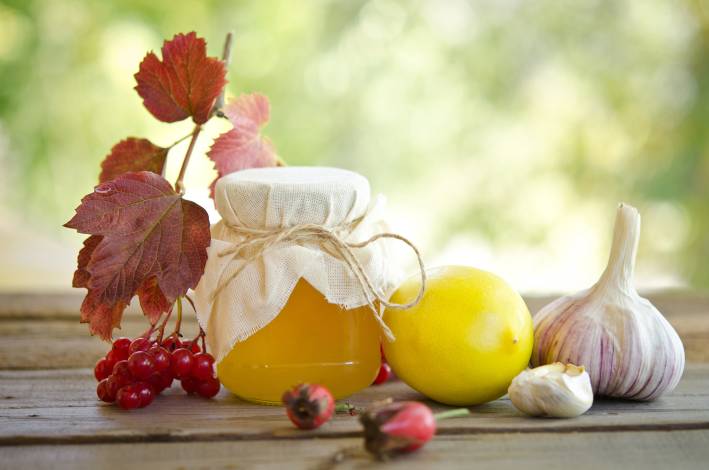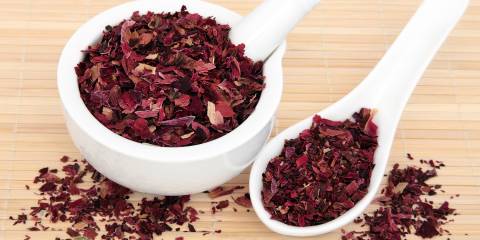Perhaps no human activity captures our fragile existence like the ability to take a deep breath. Your lungs breathe life into your body, delivering oxygen to the bloodstream and releasing carbon dioxide.
As the seasons change, we become more aware of our lungs. Some respiratory conditions require medical care, including acute asthma and any instance where you’re having difficulty breathing. Yet, herbs offer unique medicine that can improve and strengthen lung health.
Natural Cough Remedies
Several herbs have specific antispasmodic action for coughs, asthma, and other situations where the bronchi spasm.
-
Wild Cherry
Wild cherry works for dry, irritated coughs.
-
Bitter Horehound
Bitter horehound helps break up and expectorate wet coughs with thick mucus.
-
Aromatic Herbs
Menthol from peppermint as well as many other aromatic herbs such as thyme, and bee balm offer anti-spasmodic, cough-relieving properties.
-
Honey
Honey seems to aid any kind of cough.
Herbs to Soothe Throat and Lung Irritation
Some herbs can create a protective film that soothes a dry, irritated throat or lungs. These herbs include licorice root, marshmallow root or leaf, slippery elm bark, and plantain leaf. They’re primarily water-soluble, making a lovely addition to lozenges, tea blends, and syrups. Look for them on the labels of products you’re considering buying.
Fight Infection with Herbals
When an infection is present or threatens, herbs that have direct antimicrobial action and/or stimulate the immune system to better fight infection can be employed. For all of these, it’s best to start taking the herbs as soon as you suspect you’re sick.
Herbs That Help Fight Infection
- elderberry and elderflower preparations
- fresh ginger or garlic
- umcka
- echinacea
All parts of echinacea can be helpful, but may be contraindicated in allergies and autoimmune diseases such as asthma.
Shorten Colds with Vitamin C
Taking larger amounts of a vitamin C supplement may lead to shorter colds. Most studies examining the effects of the vitamin have used a dosage of 1 gram (g) per day, but researchers have recently found better results with higher amounts.
Participants in two studies received daily vitamin C doses ranging from none (the placebo) up to 8 g. Both studies showed significant dose-response relationships, meaning that higher amounts of the vitamin led to shorter colds.
“It would be worthwhile for individual common cold patients to test whether therapeutic 8 grams per day of vitamin C is beneficial for them,” said researcher Harri Hemilä, MD, PhD. “Self-dosing of vitamin C must be started as soon as possible after the onset of common cold symptoms to be most effective.”
Vitamin C is considered to be safe as a dietary supplement, but check with your healthcare practitioner before opting for large doses of any supplement.
Boost Immunity with Fish Oil
Taking a fish oil supplement for 12 weeks provided a significant immunity boost in overweight adults. Participants took four 1-gram capsules of a high-DHA concentrate per day and saw improvements in antibody production.





